Today is the last Monday in October, which means it’s one of the four annual public “bank” holidays in Ireland (the others occur on the first Monday in May, first Monday in June, and first Monday in August). Most businesses and schools are closed. The weather has been a little wetter out, and I haven’t left the apartment all day… after all, it’s a holiday right?
Since I don’t have any new adventures to recount, here are a few interesting tidbits about establishments other than pubs that sell alcohol in Ireland.
What’s a “shebeen”?
There was a news story a couple of days ago with the headline, “Gardaí find ‘fully operational bar’ after visiting suspected shebeen.”
I had never heard the word shebeen before. According to a Wikipedia article, a shebeen is an “unlicensed establishment or private house selling alcoholic liquor and typically regarded as slightly disreputable.” So it’s like a speakeasy? The word shebeen is derived from the Irish word síbín, meaning ‘illicit whiskey’, and is/was used in English speaking countries as far reaching as Africa and the Caribbean. The above-linked Wikipedia article’s section about shebeens in South Africa is worth sharing:
Originally shebeens were operated illegally by women who were called Shebeen Queens and were themselves a revival of the African tradition that assigned the role of alcohol brewing to women. During the apartheid era, shebeens became a crucial meeting place for activists, some attracting working-class activists and community members, while others attracted lawyers, doctors and musicians. Shebeens also provided music and dancing, allowing patrons to express themselves culturally, which helped give rise and support the musical genre kwaito. Currently, shebeens are legal in South Africa and have become an integral part of South African urban culture, serving commercial beers as well as umqombothi, a traditional African beer made from maize and sorghum. Shebeens still form an important part of today’s social scene. In contemporary South Africa, they serve a function similar to juke joints for African Americans in the rural Deep South of the USA. They represent a sense of community, identity, and belonging. Today, they appeal to South Africa’s youth, and are mostly owned by men. Shebeens are bouncing back as South Africans try to preserve some of their cultural heritage.
Booze + Hardware = ?
Another oddity I’ve come across is a tradition in Ireland of hardware stores that also serve alcohol. My new friend BT pointed this out to me on our walk last week when we passed by Mary’s Bar and Hardware that’s not far from my apartment (Mary’s may actually be more of revival of this tradition for tourists than an original establishment, although its location on the site of the former Wicklow Hotel has other historical significance during the Irish revolution).
From my very cursory research, these hybrid pubs/shops were born out of the British efforts to outlaw pubs in the 19th century and early 20th century. Other variants included undertakers and traditional grocers. Most of these have disappeared when larger grocery stores and supermarkets started appearing on the scene in the 1960s (although apparently it’s still common for undertakers to also operate bars?). Again, I’m relying on a Wikipedia article on Irish pubs for some of this info.
Off-License
The term “off-license” can be seen everywhere on store signage and basically means that alcoholic beverages are sold on the premises. The term refers to the fact that alcohol may be bought on the licensed premises, but must be consumed off the premises. Off-license shops are considered essential businesses during the COVID lockdown, and as I mentioned in yesterday’s post, many pubs are still pulling pints and offering cocktails for “take away.”
Sláinte! (pronounced SLAHN-chə, which means “Health” and is the traditional Irish toast)

